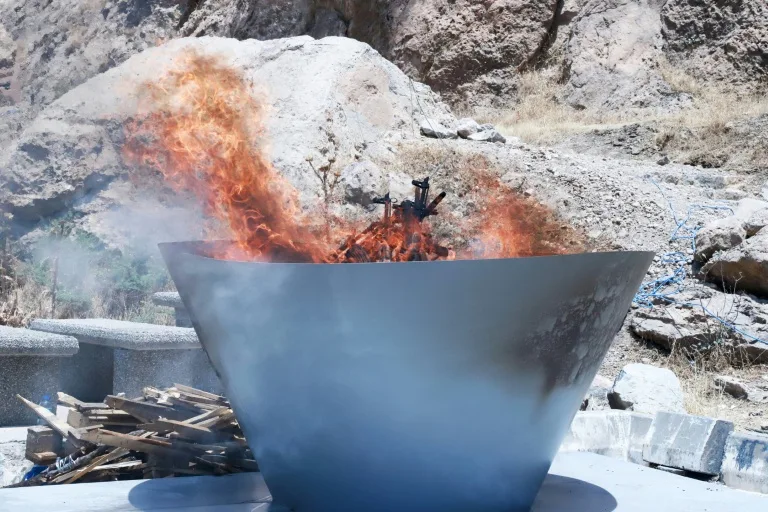
The Kurdistan Workers’ Party (PKK) begins full withdrawal from Turkish soil, marking a historic milestone in its decades-long conflict with Ankara.
PKK Announces Full Withdrawal from Turkey
QANDIL MOUNTAINS, Iraq — October 26, 2025:
The Kurdistan Workers’ Party (PKK) announced on Sunday that it has begun the complete withdrawal of its forces from Turkey to northern Iraq, a move hailed by Ankara as a significant step toward ending one of the Middle East’s longest-running insurgencies.
The withdrawal was announced during a press conference held in a remote village in Iraq’s Qandil Mountains, where the PKK maintains its main stronghold. Standing before large banners of their jailed founder, Abdullah Ocalan, PKK representatives declared that the group had officially shifted from an armed insurgency to a democratic political struggle.
“We are implementing the withdrawal of all our forces within Turkey,” the PKK said in a statement read in both Kurdish and Turkish.
At the ceremony, 25 PKK fighters, including three commanders and eight women, stood with their weapons as they symbolically ended their armed campaign. The event follows the group’s May 2025 renunciation of armed struggle, which capped over 40 years of conflict that claimed an estimated 50,000 lives.
Turkey Welcomes Move as ‘Concrete Progress’
The Turkish government welcomed the announcement, describing it as “concrete results of progress” in efforts to secure a lasting peace.
However, the PKK urged Ankara to accelerate legal and political reforms to ensure the peace process’s success, particularly the release of Ocalan, who has been imprisoned since 1999 on Imrali Island near Istanbul.
“Significant steps need to be taken — legal arrangements compatible with freedom,” senior PKK commander Sabri Ok told journalists, emphasizing the need for specific legislation governing the reintegration of fighters who renounce armed struggle.
Ocalan’s Central Role in the Peace Process
At 76 years old, Abdullah Ocalan remains the ideological leader of the Kurdish movement. Despite being held in solitary confinement for more than two decades, Ocalan has directed negotiations through intermediaries and family visits.
Senior PKK figure Devrim Palu underscored the importance of Ocalan’s freedom, stating that the process “cannot progress effectively while he remains isolated.”
“It’s very difficult to carry out such an important process in isolation. His freedom is crucial for this process to advance with greater effectiveness,” Palu told AFP.
Turkey’s Political Response and Next Steps
The peace initiative — backed by President Recep Tayyip Erdogan — has gained momentum over the past year. Ankara established a 48-member cross-party parliamentary commission tasked with crafting a legal framework for integrating PKK members into civilian life and determining Ocalan’s future.
Sabri Ok called for this commission to meet with Ocalan immediately.
“The parliamentary commission must go to Leader Apo and listen. He initiated this process, and he must guide its continuation,” Ok said, using Ocalan’s popular nickname “Apo.”
The pro-Kurdish DEM Party, Turkey’s third-largest political party, has played a mediating role throughout the negotiations. DEM confirmed it will send a delegation to meet President Erdogan later this week to discuss the next phase of the peace plan.
A New Chapter in Kurdish-Turkish Relations
Observers estimate between 200 and 300 PKK fighters will be relocated to northern Iraq as part of the withdrawal. The group has already conducted symbolic disarmament ceremonies, including one in July when militants burned their weapons in a gesture hailed by Ankara as “an irreversible turning point.”
Analysts say the move signals a strategic pivot by the PKK from militancy to political advocacy, reflecting both the group’s weakened military capacity and the Kurdish population’s desire for stability after decades of conflict.
“Turkey’s peace offer gives Ocalan and the PKK a rare chance to redefine their struggle through democratic means,” said Istanbul-based political analyst Serdar Aksoy.
The process remains fragile, however. Skeptics warn that without Ocalan’s release and clear legal guarantees for demobilized fighters, the peace initiative could stall.


Leave a Reply